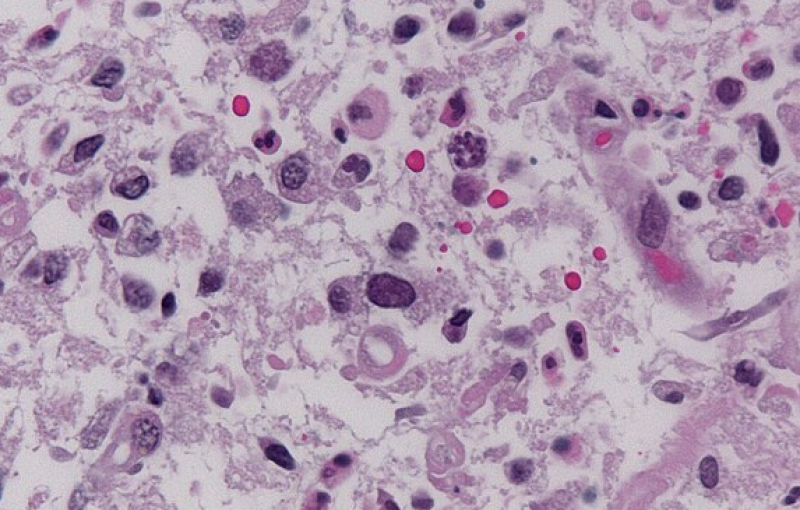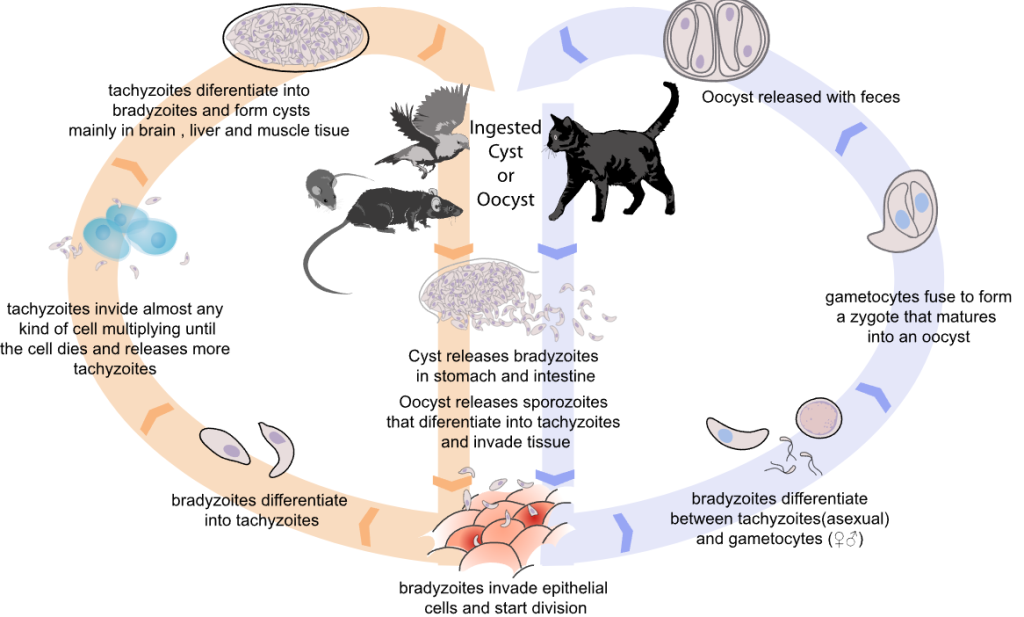
The Impact of Toxoplasma gondii on Testosterone Levels: What Pet Owners Should Know
by Jon Scaccia May 3, 2024Toxoplasma gondii, a parasite well known for its widespread presence in cats, has intrigued scientists for years due to its complex interaction with warm-blooded hosts, including humans and other animals. Recent research sheds new light on how this parasite might be affecting testosterone levels, influencing behavior and reproductive functions in significant ways. This article dives into what the findings could mean for pet owners and anyone interested in the broader implications of this common parasitic infection.
What is Toxoplasma gondii?
Toxoplasma gondii (T. gondii) is a protozoan parasite that infects most species of warm-blooded animals, including humans. Cats are the primary hosts, where the parasite reproduces sexually. However, it can also live within a wide range of intermediate hosts. Humans typically get infected through contact with cat feces, consuming undercooked contaminated meats, or through mother-to-child transmission.

The Study
A comprehensive systematic review and meta-analysis aimed to assess the impact of T. gondii infection on testosterone levels. Researchers analyzed data from various studies, incorporating findings from both human subjects and animal models. The results, which varied, indicated a complex relationship between the parasite and testosterone—a crucial hormone in both males and females that influences everything from muscle mass to mood regulation.
Findings and Implications
The review found that in humans, T. gondii infection often leads to increased testosterone levels in males. This could enhance behaviors linked to testosterone, such as aggression or risk-taking, potentially increasing the likelihood of the parasite’s transmission. Conversely, some studies noted a decrease in testosterone among certain subjects, which could impact reproductive health and behavior negatively.
For pet owners, these findings underscore the importance of managing pets’ health and hygiene to prevent T. gondii transmission. Not only does this safeguard the pets, but it also minimizes the risk to humans, particularly in households with pregnant women or immunocompromised individuals, who are more susceptible to severe effects of toxoplasmosis.
The Need for More Research
Despite significant findings, the studies reviewed also highlighted the need for more research to fully understand the mechanisms by which T. gondii influences testosterone and other hormonal levels. Future studies could provide deeper insights into how these hormonal changes affect behavior and reproduction in infected hosts, which is particularly relevant for understanding and managing the risks associated with pet ownership and toxoplasmosis.
Conclusion
The association between T. gondii infection and alterations in testosterone levels presents an intriguing facet of the parasite’s impact on hosts. For pet owners and the public, maintaining good hygiene practices with pets, particularly cats, is crucial. Recognizing the signs of toxoplasmosis and understanding its potential impacts on hormonal health are steps toward safeguarding both human and animal health.
Leave a Reply